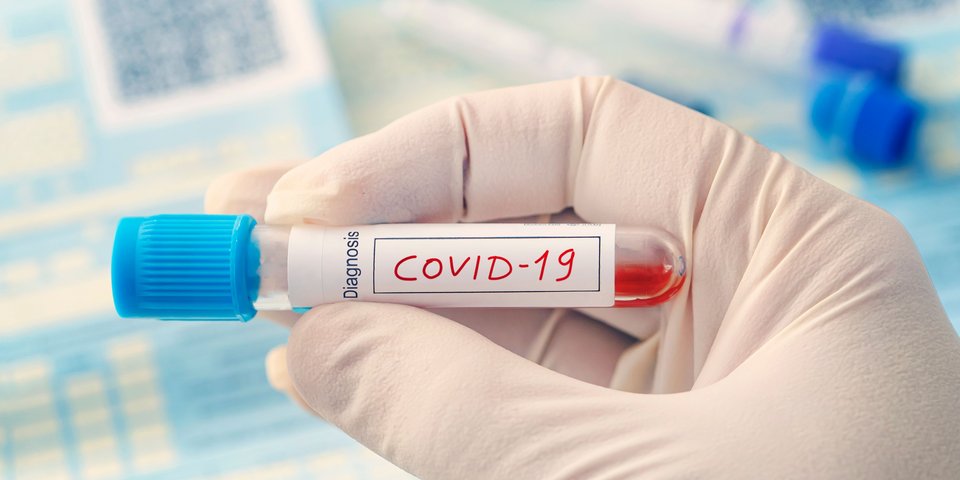
COVID-19 – Occupational accident or occupational disease?
Report gives overview of regulation in nine European countries
SW – 07/2022
EUROGIP
has published a report on the recognition of COVID-19 as an occupational
accident and/or disease in nine European countries. EUROGIP is a public
interest group for issues related to the prevention and insurance of
occupational accidents and diseases, founded in 1991 by the French Health
Insurance Fund for Workers (CNAMTS) and the National Institute for Research and
Safety (INRS) as part of the "Occupational Accidents" department of
the social security system.
Scope of the investigation
The
brief report updates information published at the beginning of the pandemic in
May 2020 on the recognition of COVID-19 as an occupational accident or disease.
The situation in Germany, Belgium, Denmark, Spain, Finland, France, Italy,
Luxembourg and Sweden was investigated. In summary, the report concludes that
in most of the countries mentioned, insurers against occupational accidents and
diseases have included SARS-COV-2 infection in their existing system of
recognition of occupational accidents and diseases. Existing national
regulations have not been amended.
Results
In most countries, only a positive test
is required to initiate the procedure for a possible recognition of COVID-19 as
an occupational accident or disease. In contrast, only severe forms of COVID-19
could be recognised in France. In Germany, at least one relevant symptom is
required for recognition.
COVID-19 is predominantly considered an
occupational disease rather than an occupational accident. In some countries,
it could be an occupational disease or an occupational accident if the
conditions are met. In Germany, for example, recognition as an occupational
disease is possible for staff in inpatient or outpatient medical facilities in
the fields of human medicine and dentistry, in welfare care facilities and
laboratories, provided that all other conditions are met. For other workers,
however, the disease could only be recognised as an occupational accident. In
Denmark, recognition as an occupational disease would depend, among other
things, on whether the exposure had lasted longer than five days, otherwise the
existence of an occupational accident would have to be examined.
With
regard to the burden of proof, a legal or de facto presumption of the
occupational origin of the infection applies to health workers everywhere to
varying degrees. For the other categories of workers, for whom such a
presumption did not apply, the persons suffering from COVID-19 would have to
prove that their infection was related to the workplace. In Sweden, on the other
hand, recognition is reserved exclusively for health workers and laboratory
staff.
According
to the report, no special compensation schemes had been set up in the countries
studied. The benefits would be the same as those generally provided for occupational
accidents and diseases, such as reimbursement of medical expenses, daily
allowance for temporary disability, flat rate payment and/or pensions for
permanent disability or death.
Background
On 18
May 2022, the Advisory Committee on Safety and Health at Work (ACSH) agreed
that COVID-19 should be recognised as an occupational disease in the health,
social and home care sectors and in industries with a proven increased risk of
infection. The body of the representatives of the EU Member States and the
social partners was in favour of updating the EU list of occupational diseases
accordingly (see report 5/2022).
A table
broken down by country summarises the main findings of the investigation. The report
can be downloaded from the following link.
